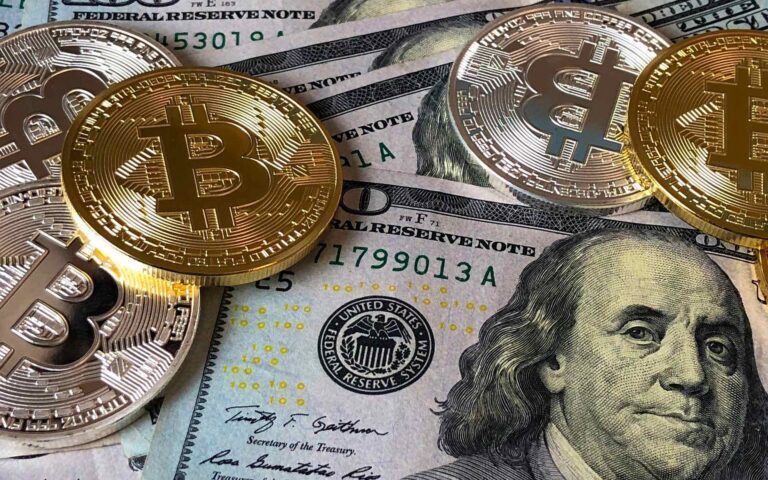On Wednesday (February 8), legendary American value investor William H. Miller III shared his latest thoughts on Bitcoin.
Miller is the Founder, Chairman, and Chief Investment Officer of investment firm Miller Value Partners, as well as the portfolio manager of firm’s mutual funds “Opportunity Equity” and “Income Strategy”.
Before starting Miller Value Partners, Bill Miller and Ernie Kiehne founded Legg Mason Capital Management, and they worked as portfolio managers of the Legg Mason Capital Management Value Trust from its inception in 1982.
Well, on Wednesday, during an interview with Kelly Evans, the host of CNBC’s The Exchange, Miller was asked if it was true that half of his net worth was in Bitcoin as recently reported.
Miller replied:
“It was reported maybe misleadingly because it was reported I put half of my net worth in it, and that certainly did not happen. What happened was I put a few percent of my net worth in it a long time ago, and it grew to be half of my net worth. Now it’s less than that because it’s down in half since since November, but no it’s still a very big position. It’s very early days in that in that entire space.
“The KPMG… announcing that they’re putting Bitcoin and Ether on their balance sheet the other day was, I thought very very big because obviously they’re plugged into all kinds of companies and KPMG over here is as well. And so that validates to a certain extent in ways that MicroStrategy’s balance sheet stuff does not… I think also you’re going to see a lot of adoption among foundations and endowments and institutions this year, and that’s going to continue…
“Bitcoin in one sense has no intrinsic value. That’s correct. Where it has a moderate intrinsic value — because it is a giant database and databases have value — but the value of it is … not in the materials, in the construction. It’s in if people think it should be part of their portfolio.
“And that’s in one side of it. It’s like an insurance policy. Your insurance policies have no intrinsic value. In fact, you want them to have no intrinsic value. You don’t want to have your house burned down, or, you know, get in a terrible accident, but you pay for insurance every year in case that happens. And Bitcoin is insurance against financial catastrophe, as we see in Lebanon or in Afghanistan or in many of these other countries or as we saw around the time of the pandemic.“
Disclaimer
The views and opinions expressed by the author, or any people mentioned in this article, are for informational purposes only, and they do not constitute financial, investment, or other advice. Investing in or trading cryptoassets comes with a risk of financial loss.
Image Credit
Featured Image by “Donbrandon” via Pixabay









